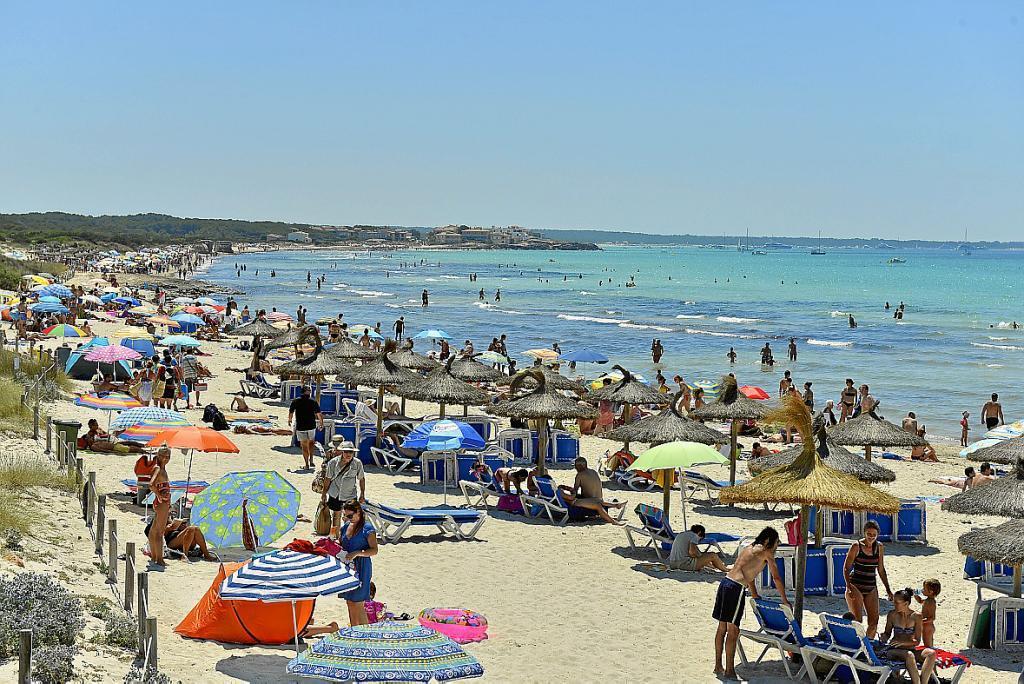Mallorca holiday: Three out of four in the Balearics believe there are too many tourists making housing more expensive
By Humphrey Carter
Copyright majorcadailybulletin

75.6% of the Balearic population believes that too many tourists visit the region each year. This is one of the most revealing findings of the survey just published by the Balearic Islands Government’s Tourism Strategy Agency (AETIB). The survey was conducted in October 2024 on a sample of 2,008 people from all the islands (738 in Mallorca, 460 in Menorca, 460 in Ibiza and 350 in Formentera). The results, broadly speaking, outline a state of opinion that continues to be generally favourable to tourism, albeit by a narrow margin and with a degree of satisfaction that has been declining over the last decade. Tourism, in its current state and weighing up all the pros and cons, is barely approved in the eyes of the public.
There is a widespread opinion that there are undeniable negative issues which must be regulated. This is reflected in clear majorities in favour of capping visits (69.1%), limiting cruise ships (69.2%) or restricting tourist accommodation and establishments (68.4%). Even more majorities believe it is necessary to limit rental cars (79.6%) or holiday rentals (80.5%). And there is a slight majority in favour of reducing tourism promotion, at 52%.
Support for regulatory measures to limit tourist activity is due to a general feeling about its effects on the level of well-being: crowds in the streets or on the beaches, the increase in the cost of housing, the rising cost of goods and services, and the degradation of the environment and natural resources. However, a simple majority still agree with the statement ‘I am very satisfied with tourism’. Forty-two per cent of respondents agree or strongly agree, while slightly fewer, 38.8 per cent, disagree. The rest, 19.2 per cent, are neutral.
As far as the positive impact of the Balearics’ leading industry is concerned, there is little room for doubt. Tourism continues to be seen as the main source of wealth and employment in the region. 86% believe that it generates wealth and income and 74% believe that it generates skilled jobs. The majority also believe that it has a dynamic effect on leisure and entertainment options: 77.2%. On the other hand, 56% believe that it helps to improve or maintain the quality of life of residents, while 30.8% consider it to be harmful. The rest believe that it has no impact. There is also a slight majority opinion that it has a positive influence on the identity of the islands, their culture and their heritage (53.4%).
Support is greater among respondents who work in the tourism sector and whose income is therefore directly linked to tourist activity. Likewise, the degree of satisfaction is higher in Menorca and Formentera, while the citizens of Mallorca and Ibiza, the islands most affected by overcrowding and the housing problem, are more critical. Social support has declined in recent years, as reflected in the comparison with the 2016 results.
In terms of negative impacts, 78% believe that it makes housing more expensive and 65% believe that it degrades the natural environment. Respondents are particularly critical of segments such as car rental and holiday rentals. Specifically, 61.8% are against tourist rentals. On the other hand, in addition to the overwhelming majority in favour of reducing tourist places or car rentals, the majority (around 90%) also advocate measures such as promoting deseasonalisation, the geographical dispersion of visits or the promotion of alternatives to sun and beach. Support for an increase in the tourist tax is particularly significant. Up to 67.6% of those surveyed were in favour of increasing the Sustainable Tourism Tax (ITS).



